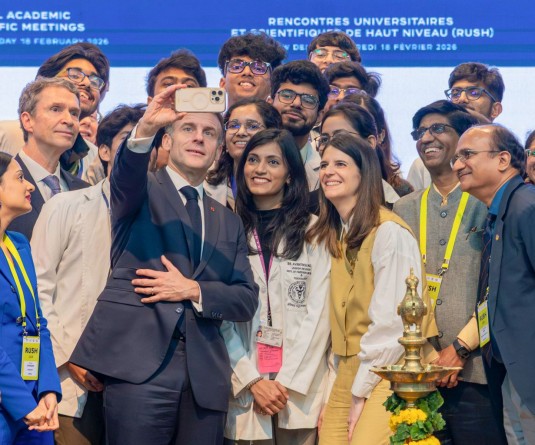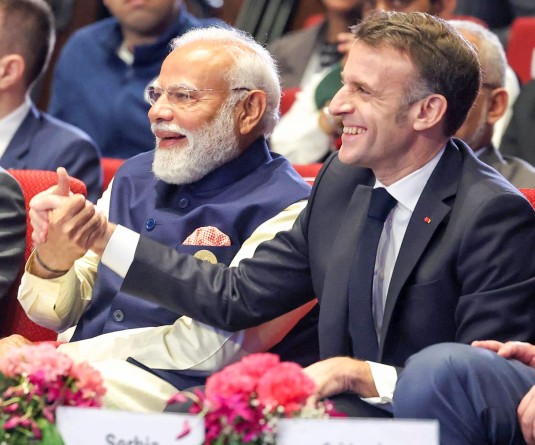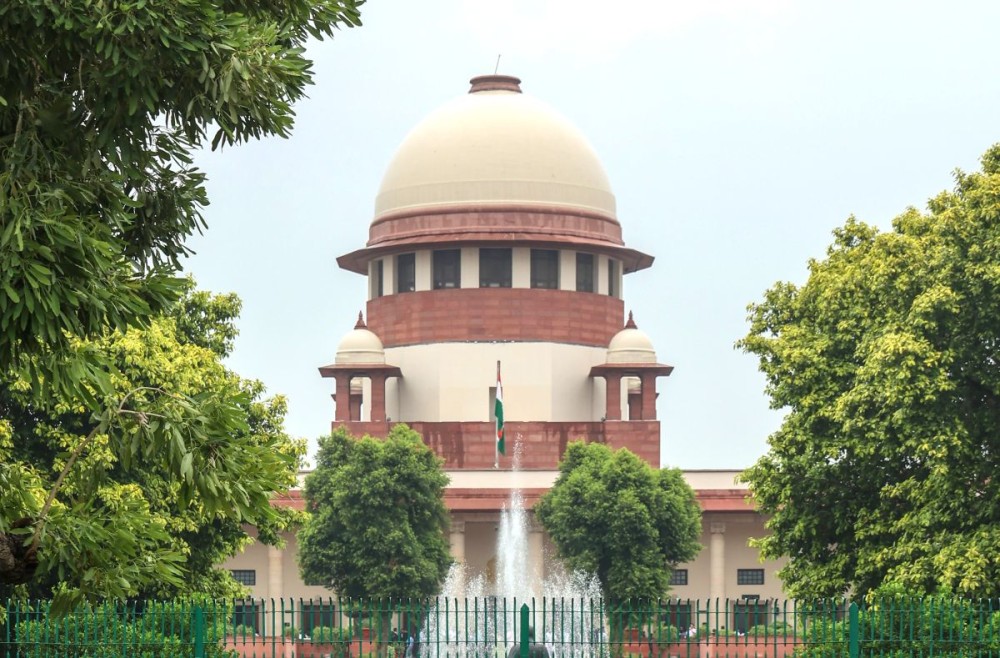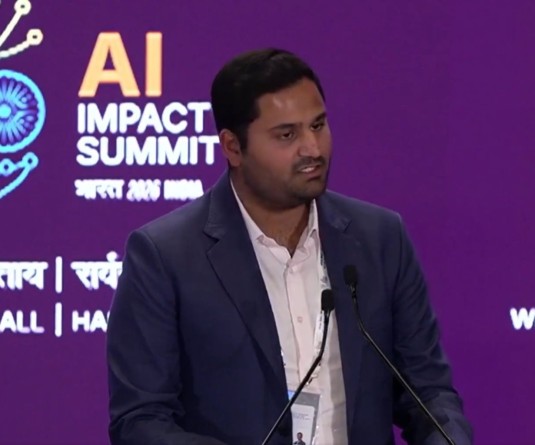IANS Photo
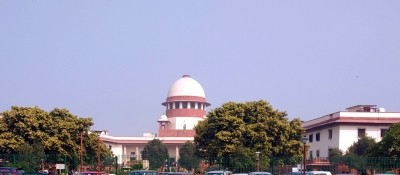
New Delhi, August 24 (IANS): Commencing arguments on the Centre’s behalf, Solicitor General (SG) Tushar Mehta on Thursday said that the judgment of the Constitution Bench of the Supreme Court, going either way, will be ‘historic’ and would end the ‘psychological duality’ which existed in the minds of the residents of Jammu and Kashmir.
“Though, since inception of the Constitution, it (Jammu & Kashmir) became an integral and inalienable part of India. There remained a psychological duality, whether induced or otherwise, would end. Judgment going either way -- that position would end,” SG Mehta said.
He said that this ‘psychological duality’ resulted because of confusion arising out of the nature of Article 370 as to whether the special provision was temporary or permanent.
Defending Centre’s action, the top law officer said that Article 370 functioned as a detriment to development of people of J&K as they were deprived of the welfare schemes and constitutional rights flowing from the Union government.
He said that a large number of fundamental rights and other rights will be conferred upon the people of J&K. “They will now fully be a part of the rest of India,” said Mehta, adding that people in the valley were deprived of their privileges from the last 75 years.
“Large number of fundamental rights and other rights will now be conferred upon residents of J&K, fully at par with the rest of the country,” he told the Constitution Bench.
SG Mehta questioned the argument raised by the petitioner that J&K was the only state that had its own constitution in 1939 and therefore, should get a special treatment. He said that this argument is “factually not well founded".
“There were 62 states that were having their own Constitutions -- whether named as Constitution or instrument of internal governance,” he said, adding that another 286 states were in the process of framing their constitutions in the late 1930s.
He said that once accession is complete, the state's sovereignty is lost and gets subsumed with the larger sovereignty, while relying upon provisions of the Government of India Act, 1935.
“As a matter of fact, some of them (princely states) made their Constitutions and thereafter immediately signed the accession also! The draft accession agreement was common to all. Everyone signed the same draft,” he contended before the Supreme Court.
On Thursday, arguments were opened by Attorney General R. Venkataramani followed by Solicitor General Tushar Mehta.
Senior advocates Harish Salve, Mahesh Jethmalani and Rakesh Dwivedi, Additional Solicitor General K.M. Natraj, amongst others, will also advance oral arguments on behalf of the Centre.
Earlier on Wednesday, Solicitor General Tushar Mehta told the Constitution Bench that the Union government has absolutely no intention to interfere with the special provisions of the Constitution applicable to northeast states or any other part of the country.
Notably, a 5-judge Constitution Bench headed by Chief Justice of India Chandrachud is hearing a clutch of petitions challenging the 2019 Presidential Order taking away the special status accorded to the erstwhile state of Jammu and Kashmir and its bifurcation into two Union Territories.
The Constitution Bench, also comprising Justices Sanjay Kishan Kaul, Sanjiv Khanna, B.R. Gavai, and Surya Kant, will continue hearing the matter on August 28.


